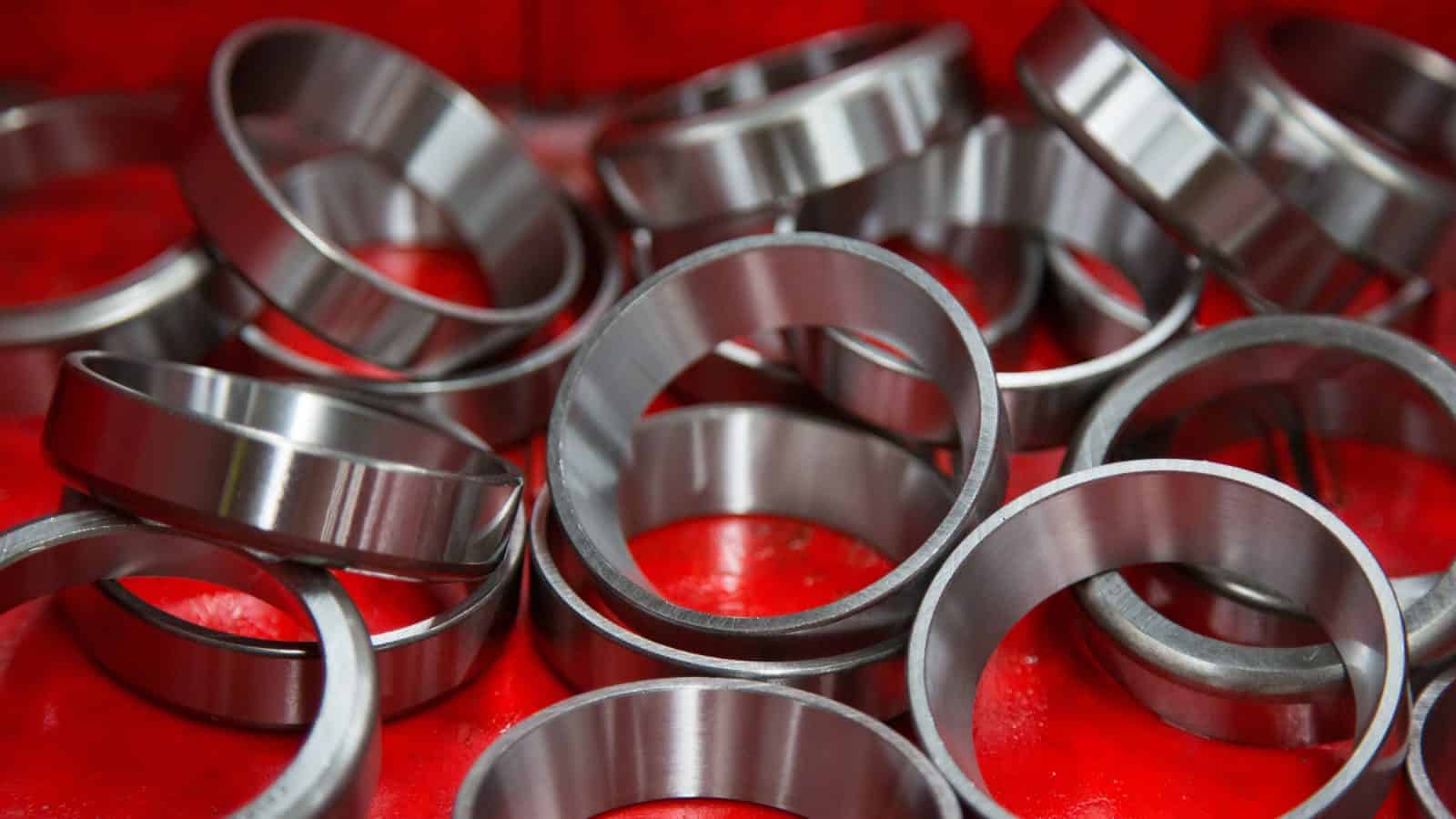SkyWater Strengthens U.S. Chip Supply Chains

SkyWater Technology is leading the effort to rebuild domestic semiconductor manufacturing in the United States. As the only U.S. investor-owned and -operated pure-play semiconductor foundry in the U.S., SkyWater plays a critical role in reshoring key parts of the global supply chain and reducing America’s reliance on foreign-made chips.
The approach: SkyWater’s approach goes beyond traditional manufacturing. Its “Technology as a Service” model combines advanced R&D with wafer fabrication, allowing customers to co-develop new technologies using custom manufacturing processes.
- This collaborative model accelerates innovation and enables a flexible, secure production pipeline for customers, so they don’t have to build their own fabrication infrastructure.
The expansion: Today, SkyWater is expanding its U.S. footprint. The company recently finalized its acquisition of Infineon Technologies’ semiconductor fab in Austin, Texas—an investment that will allow SkyWater to scale its operations, support commercial and government partners and create a more complete domestic supply chain from chip design through packaging and testing.
- “The United States has operated in a global supply chain with regional centers of excellence—but now, those regional centers are getting reconfigured,” said SkyWater CEO Thomas Sonderman. “That comes with new opportunities.”
The challenge: Still, semiconductor manufacturing also comes with significant financial challenges. The industry is capital intensive, and investments in new infrastructure or equipment can require years of lead time and billions of dollars.
- That’s why federal support through stable and predictable tax policy is essential to SkyWater’s success—and to America’s semiconductor future, said Sonderman.
The policy: SkyWater welcomed Congress’s recent passage of the reconciliation package that made permanent vital pro-manufacturing tax provisions, including immediate R&D expensing and full capital equipment expensing. The law also increased the advanced manufacturing investment credit, an incentive for semiconductor manufacturing, from 25% to 35%.
- “In our industry, if you don’t stay at the leading edge, somebody will pass you by,” said Sonderman. “The United States is in a vulnerable state now, because we’re telling people we want to make stuff in the U.S., but we don’t have the capabilities to make stuff in the U.S. at scale today.”
- “Having the tax incentives is absolutely critical,” he emphasized. “If they go away, it’ll be much harder to establish manufacturing independence for the United States.”
The competition: The stakes are high. China leads the world in chipmaking investments, according to industry researchers, and the U.S. cannot afford to fall behind. And as Sonderman put it, tax incentives aren’t just about finance—they’re about building national capability and ensuring the next generation of technology is made in America.
- “The money is important,” said Sonderman. “But the money is not as important as the commitment.”
